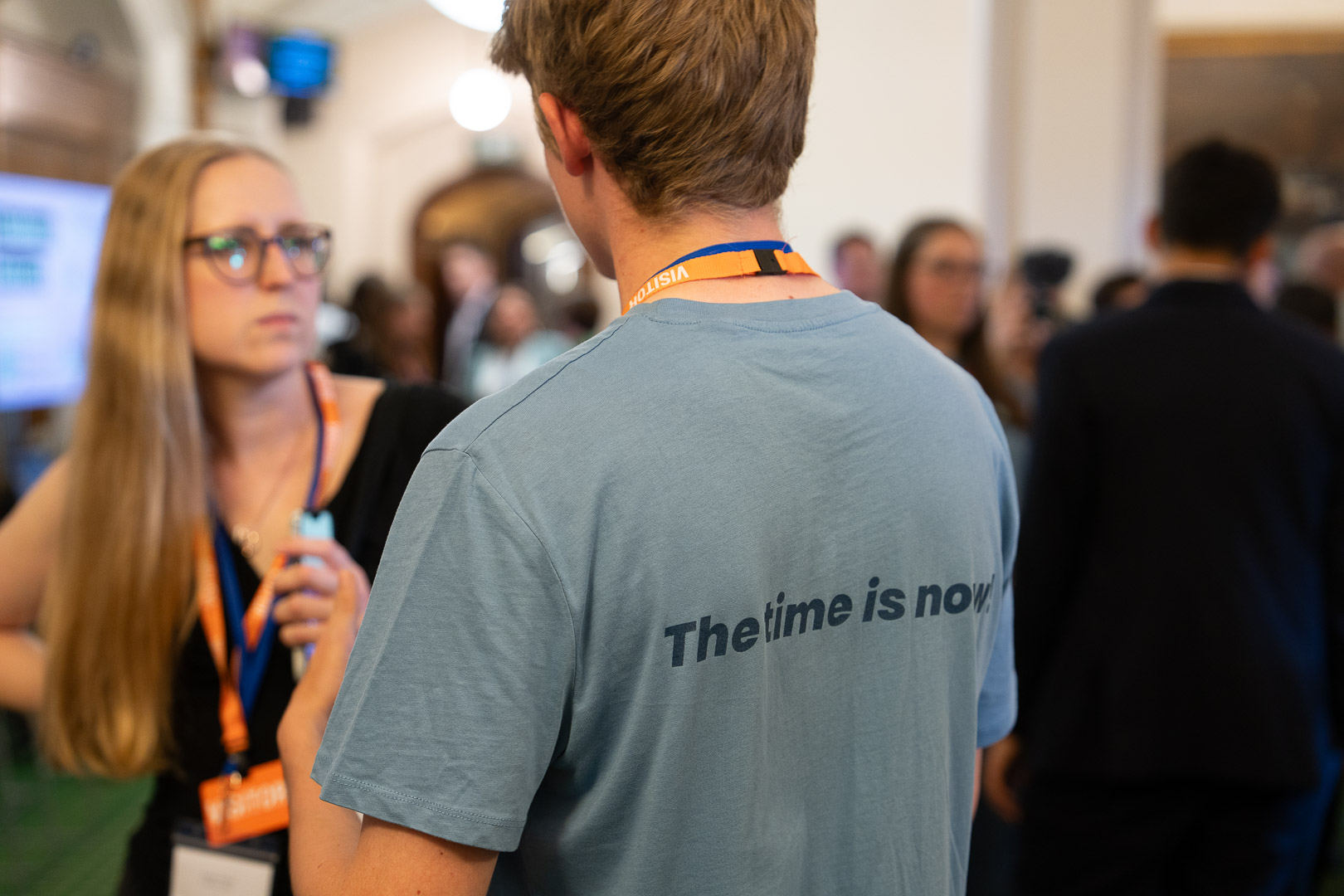Why I Wish I Knew more about Politics at School

Politics affects everyone and almost every part of your life. I wish I had knew this when I was younger. As a neurodiverse individual, this is especially true in light of the recent political debate on welfare reforms, changes to personal independence payment and the concerning impact this would have on people of all ages in the disabled community.
I remember I always enjoyed history at school and had a burgeoning interest in politics but didn’t realise at that time whatI could do with it. I also vividly remember feeling the pressure of deciding what I wanted to do after school and which career path to take. Perhaps if I had a great understanding of politics I would have had a clearer idea.
For many young people the idea politics may seem irrelevant; indeed for many older people of voting age the traditional political party system appears out of touch with their own lives. Trust in politicians and the ability for the political system to positively impact our lives is perhaps at one of it’s lowest points. This disconnect is arguably why populism has become, well, so popular in the UK and many other countries.
I would say this is exactly why political education and engagement is so important at a young age. Knowing how to engage with the political system and how it works is key to having a say in it. The implementation of Votes at 16 alongside effective political education are just some of many steps we can take to ensure young people begin this engagement at an early age.
The benefits of political education are not just that it helps to empower young people but that it also encourages learning, healthy debates and broadens knowledge. Enabling an open climate where students can raise controversial political and social issues, and hear different perspectives can also promote tolerance and respect towards those with differing views.
According to recent research by UK Electoral Commission, nearly three quarters of those surveyed between the ages 11 to 25 (72%) wanted to be taught more about the subject. Among the 2500 young people involved in the research, awareness of what the devolved parliaments across theUK actually do is low; in Northern Ireland this stood at only 18%.
Another interesting statistic from this research is despite social media being one of the top sources of political information for young people, only 44% trust it as a reliable source. This perhaps highlights the danger of misinformation that social media can pose. Misinformation is a danger to all of us and by extension, society and the democratic process. As demonstrated by the nationwide unrest following the tragic events in Southport last summer, misinformation on social media can lead to real world violence and lifelong consequences for those involved.
To replace this void of misinformation, I believe it is important that more young people are given the tools to voice their concerns in a constructive and positive manner, and in a space that they have a genuine stake in. By encouraging an interest in politics at a young age and providing these tools, perhaps events like the Southport riots will become less likely in the future.
Another issue that is important to me is mental health. It is also one that has become increasingly prevalent among young people since the Covid pandemic and mental health pressures related to social media. These issues are also especially prevalent among the neurodivergent community, where those on the autistic spectrum are more likely to face mental health challenges and become socially isolated.
By encouraging young people to come together and participate in healthy debates, I believe that politics can a play a role in tackling many of the issues I have highlighted in this blog. I am fairly certain that knowing more about politics at school would have benefited me.
Make Change Happen Today


